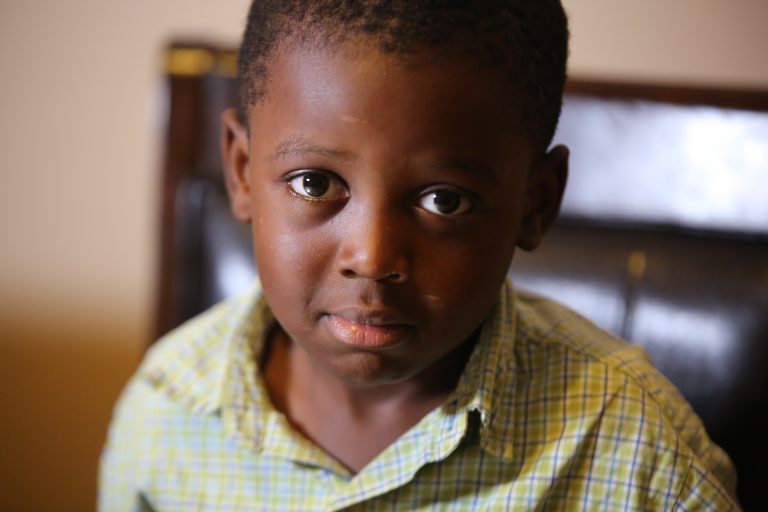Meet Kevin and his classmate, Daniel. They are both in Junior Secondary School 3 and have a lot of things in common. But there’s one big difference between them.
Daniel scores high in every test, while Kevin barely survives failure. Kevin dreads examinations; he has never been able to get himself out of the dark zone of the class. He tries to read, listen in class, and even skip breaks, but he still isn’t able to produce results.
Daniel, on the other hand, cruises through every test. He is the superhero in class. He aces every exam like it’s nothing while others like Kevin sweat to even make a mark.
Why?
Why do some students perform so well in class and many others find it hard to even reach the pass mark?
A quick (and common) answer to this is that “top performing students are naturally talented.” But that is far away from the truth.
Talent, the natural ability to do something with little effort, does not have a significant impact on academic performance. A naturally talented student may have a higher chance of academic success, but that talent cannot take him far.
Research has shown that majority of prodigies (highly talented children) ultimately become low performers in school and in life. You can refer to this as The Talent Curse.
The Talent Curse is what stops most talented children from performing well academically. This is because they have too much faith in their natural ability that they don’t even bother to put in the required effort.

So if it isn’t talent, what is responsible for academic success?
For decades, scientists have tried to find answer to this question. A lot of options have been considered and many experiments done.
Hundreds of studies and many bestselling books later, the answer was finally discovered…and it may not be what you thought.
Researchers found out that success in academics (and in any other field) was dependent, not on talent, but on strategic efforts aimed at improving specific aspects of a person’s performance over time. Note “strategic” and “specific.”
This finding has been called different names: deliberate practice, purposeful practice, targeted growth, etc.
Every top performer engages in deliberate practice in some way. It is a more comprehensive and highly effective means of growth and performance improvement. In short, it is the way to reach the peak.
Top performers in the classroom have somehow been taught this type of practice or they have stumbled upon it in some way.
What’s the big deal?
For a child to do well in school, she just has to read, right? No. And that’s why most students never do well in school.
Academic excellence requires much more than just reading. It requires a deliberate practice approach to studying, creating a plan, and drafting specific action steps that will drive one towards a specific goal. Excellent students have learned this (your child can, too).
Deliberate practice provides this kind of effective approach to excellence. It’s not just a “nice to know” idea, it is the most effective way to help a child rise to the top of the class (no matter how less talented they are)
What’s the difference between a top-performing and a low-performing student?
- Top performing students have specific study routines at specific times, and for specific periods.
Low-performing students read haphazardly
- Top-performing students identify their specific weaknesses and go out to solve them
Low-performing students don’t have an idea what their weaknesses are.
- Top-performing students use proven study strategies when reading.
Low-performing students don’t.
- Top-performing students set specific goals, write them down, and measure their progress.
Low-performing students don’t even have goals.
The list can go on and on, but you get the point already.
Isn’t it?
It’s obvious now, isn’t it? It’s obvious that some kids will always reach the top of their class and others may never, because of this individual difference.
But does that mean other kids are condemned for life? Thankfully, no. Every child can be taught the deliberate practice approach to becoming Academic Champions. It doesn’t require talent, just the ability to learn.
This weekend, our monthly Leadership Talk Room Masterclass will be focused on Helping Kids and Teens Become Academic Champions. Let’s have your kid join us!







